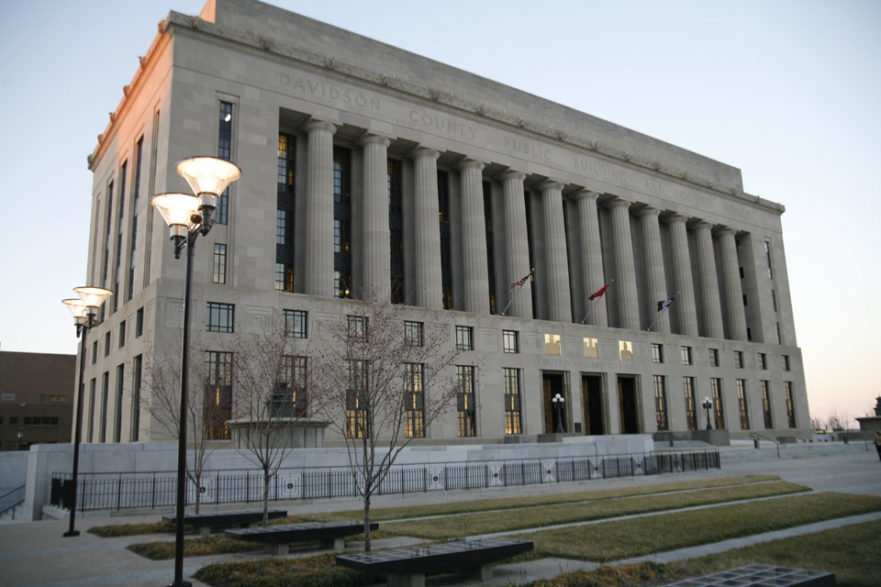Even though your Tennessee church is a tax-exempt organization, as its minister, you still have to pay income tax. Whether you are self-employed or an employee of the church may make a difference in what forms you use to pay your taxes, and what your exemptions are. However, you must pay income tax on all of your earnings.
According to the Internal Revenue Service, if you are a minister who has been ordained, licensed or commissioned to perform ministerial services, then for Medicare and Social Security tax purposes the IRS considers you to be self-employed. So, you would pay self-employment taxes on your salary, and on your housing allowance, if you receive one. You would also pay self-employment tax on other sources of income you receive, such as offerings and fees for services such as marriages, baptisms and funerals.
Even though you are considered self-employed, you may still be classified as an employee of the church. If so, you would use an employee business expenses form to itemize deductions for expenses related to the duties you perform in the service of the church. You are probably a legal employee if you receive a salary from the church. Typically, when the church has control over how a minister performs duties and what those duties are, then the minister is legally an employee and not an independent contractor.
You would use a different form to itemize deductions for expenses you incur while performing services not included in your salaried duties, such as weddings and funerals which are paid for through fees or offerings of individuals and not the church or organization. Because situations vary in how churches and organizations classify their ministers and what duties they may require, this general information should not be taken as legal advice.

